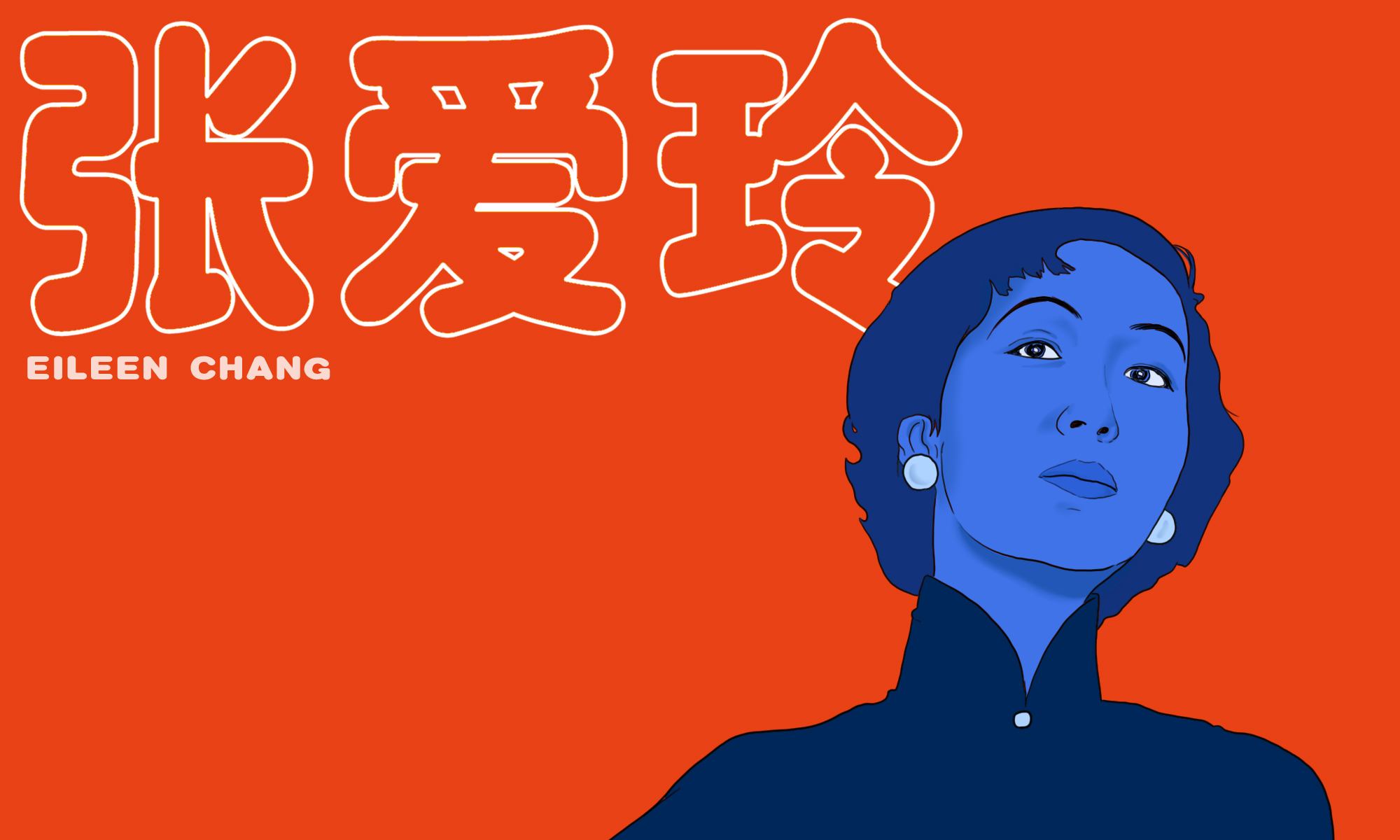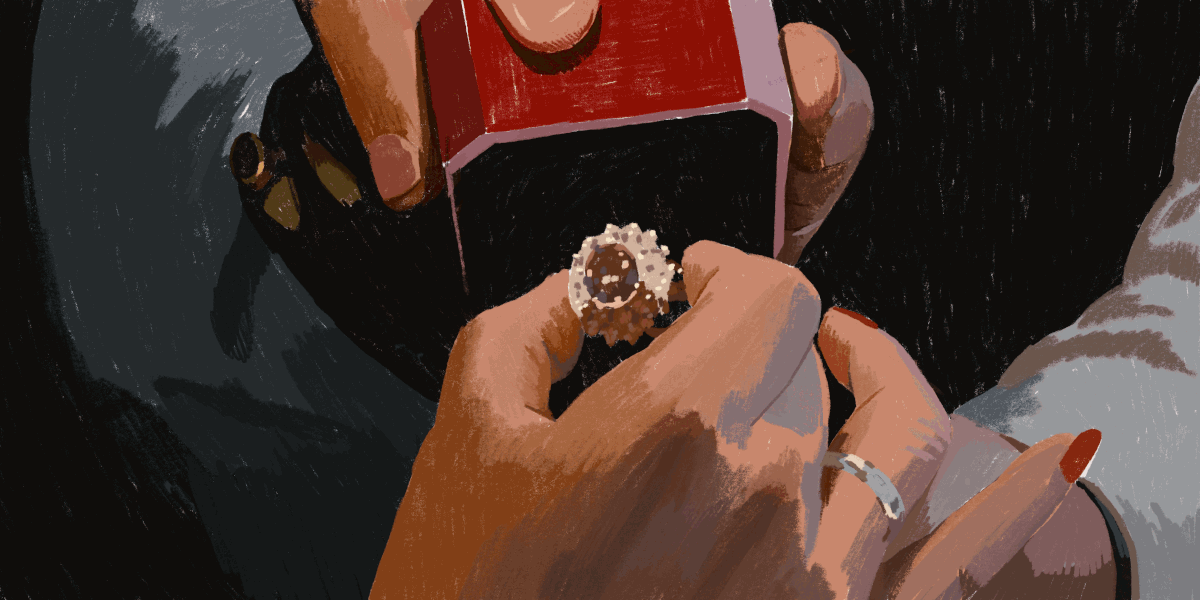When Eileen Chang wrote for the movies
Eileen Chang is one of China’s most celebrated writers, with many of her stories adapted for the big screen. But what’s lesser known is that she also wrote many scripts, some of which turned into significant Chinese-language movies. To celebrate her 100th birthday on September 30, we take a closer look at this neglected side of her career.

Eileen Chang’s influence on literature is well known, but her work has also inspired the world of Chinese-language film. Hong Kong director Ann Hui (许鞍华 Xǔ Ānhuá) adapted her stories Love in a Fallen City (倾城之恋 qīngchéng zhī liàn) and Eighteen Springs (半生缘 bàn shēng yuán) into critically-acclaimed films, while her contemporary Stanley Kwan (关锦鹏 Guān Jǐnpéng) made a movie of Red Rose White Rose (红玫瑰白玫瑰 hóng méiguī bái méiguī). In Taiwan, director Hou Hsiao-hsien (侯孝贤 Hóu Xiàoxián) and screenwriter Chu Tien-wen (朱天文 Zhū Tiānwén) drew on Chang’s Mandarin translation of a 19th-century novel in the Wu dialect for Flowers of Shanghai (海上花 hǎi shàng huā). Most notably, Ang Lee brought her spy thriller Lust, Caution (色, 戒 sè, jiè) to American audiences in 2007, provoking great controversy over the adaptation’s graphic sex scenes, as well as its political and historical content.
While Chang’s novels and short stories have been appreciated by a number of Chinese filmmakers, the legendary writer’s own screenplays aren’t nearly as celebrated. Between 1947 and 1964, Chang wrote the scripts for more than 14 films, a rarity in a field dominated by men. These movies were generally lighthearted and romantic, more inspired by Hollywood melodrama than the wartime Shanghai she so brilliantly illuminated in her fiction. Even with a different focus, Chang managed to write several classic movies, vital to the history of Chinese-language film. As Chang’s 100th birthday approaches on September 30, it’s worth reviewing and admiring this neglected side of her career.
In the late 1940s, Chinese cinema was in the middle of a golden age. Centered in Shanghai, mainland filmmakers during the Chinese Civil War were preoccupied with love and politics, crafting sharp satires, weepy melodramas, and upbeat comedies. The industry was fresh and creative, though Chang’s entrance into the scene was under some pretty unhappy circumstances. At the time, she was heavily criticized in literary circles over her relationship with Hú Lánchéng 胡兰成, her first (and frequently unfaithful) husband. Hu, a talented writer himself, ruined his reputation by working with the Japanese puppet regime. Chang had links with Japanese-backed journals, and since she was now shunned in literature, took to screenwriting for a creative and financial outlet.
Her earliest screenplays were her best, the result of a collaboration with director Sang Hu (桑弧 Sāng Hú). In 1947, the pair created two films. Unending Love (不了情 bùliǎo qíng), which was also turned into a novella, was the tale of a woman’s affair with a married man. The other, Long Live the Missus (太太万岁 tàitài wànsuì), was an original screwball comedy. It follows Chen Shizhen, a middle-class housewife in Shanghai whose husband cheats and blames her for his business misfortunes. It’s a bittersweet story, yet Long Live the Missus is a funny and satirical take on ’40s Shanghai society. The impression is unfavorable, with corruption and materialism all around, and a traditionally vaunted institution like marriage being shown to be empty and fraudulent.
Both movies were popular and critical successes, so it was only natural that the pair produced another film in 1949. In Miserable at Middle Age (哀乐中年 āi lè zhōngnián), widower Chen Shaochang (played by the brilliant actor-director Shí Huī 石挥) is a man whose only love appears to be the school he founded. When Minhua, a woman decades younger, wants to marry him, Shaochang’s life is torn apart. His children are shocked and opposed to the idea, while his daughter-in-law threatens to get him fired from his job. If Long Live the Missus was a mockery of marriage, then Miserable at Middle Age was a scathing examination of family values and filial piety. The modern generation’s only concerns are money and their own happiness; they’re so impatient for their father to die that they already have a gravesite for him.
https://www.youtube.com/watch?v=zwsruQTyGLM
Like Long Live the Missus, Miserable at Middle Age is a comedy that’s a lot more optimistic than what its synopsis suggests. Unfortunately, such satirical movies were on the way out, as the Communist Party expected and promoted films that represented political ideals. Chang’s last film in the mainland, The Golden Cangue (1950), was adapted from her novella of the same name. Two years later, she left Hong Kong and eventually made her way to the United States. In America, Chang married Ferdinand Reyner, a screenwriter nearly 30 years older than her. The couple struggled with money; Chang had little choice but to return to screenwriting.
The film company MP & GI (now Cathay Organization) was Chang’s home during this second phase of her screenwriting. Starting with The Battle of Love (情场如战场 qíngchǎng rú zhànchǎng) in 1957, Chang had eight romantic-themed pieces produced for the Hong Kong market, mostly urban comedies. In an essay on Chang’s screenwriting work, the scholar Kenny K. K. Ng observed that the bulk of these stories centered on “middle-class families,” “generational conflicts between father and daughter,” and “sexual battles between romantic lovers or married couples.” These movies also had a spirit of Hollywood screwball, but Chang’s later output frankly isn’t as interesting as her Shanghai era.
Perhaps, as Hong Kong audiences craved flashy, more visual work, Chang’s scripts were forced to cater to theatrics rather than plot. Her first movie in Hong Kong, The Battle of Love, features a man in love with his flirty cousin. The June Bride (六月新娘 liù yuè xīnniáng) (1960) was a musical about a woman suspicious about the faithfulness of her fiancé, while The Greatest Wedding on Earth (南北一家亲 nánběi yījiā qīn) (1962) was a love story that played on cultural differences between mainland and Cantonese Chinese. The best of this period, Father Takes a Bride (小兒女 xiǎo érnǚ) (1963), retreads Miserable at Middle Age with a lighter touch. Dutiful daughter Wang Jinghui contemplates marriage at the same time as her father, a widowed schoolteacher. Jinghui’s young brothers are terrified at the thought of a new stepmother, but ultimately realize their fears were misguided.
https://www.youtube.com/watch?v=yE-3O-KIfIo
By the time of Chang’s final script in 1964, MP & GI was grappling with major changes. Its founder Loke Wan Tho (陆运涛 Lù Yùntāo) died in a plane crash, while producer Stephen Soong, the man who brought Chang into the screenwriting division, left the company. After 17 years of hard work, penning several powerful screenplays, Chang’s film career was over. Her exit from the industry, along with the loss of her unproduced script for a Dream of the Red Chamber (红楼梦 hóng lóu mèng) adaptation, is one of the many tragedies of Chinese cinema. Eileen Chang brought humor, pathos, and wit for ordinary women to the Chinese silver screen. Her strongest screenplays, Long Live the Missus and Miserable at Middle Age, are among the finest screwball comedies that Hollywood never made.
The movies penned by Eileen Chang are widely available on the internet, via a channel created by the University of British Columbia’s Department of Asian Studies. On September 30,“Love Everlasting” will join the channel’s classic Chinese film lineup.






